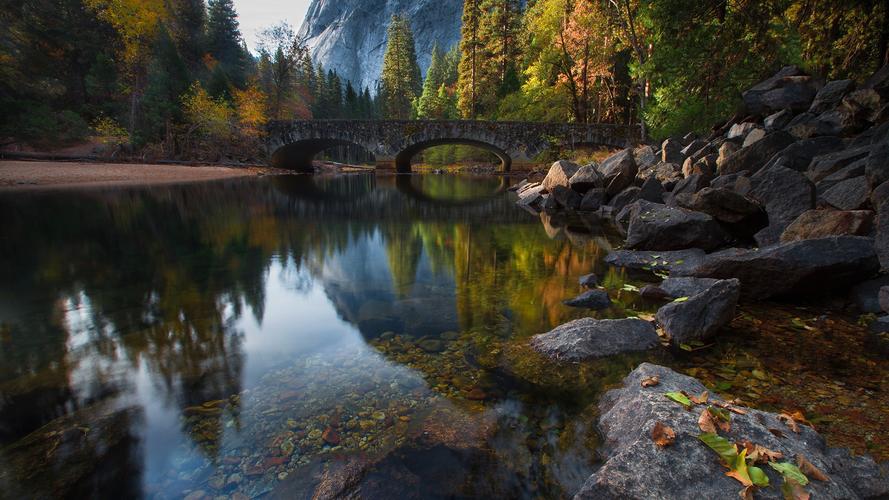Culture is an intrinsic part of human society, shaping our beliefs, values, and behaviors. As time passes, our cultural norms and customs transform through the influences of social, economic, and political changes. These transformations impact the way we perceive the world around us, and eventually, redefine our beliefs and values.
The evolution of culture can be traced back to the primitive times when humans lived in close-knit communities. Life was centered around the immediate needs for food, shelter, and security. However, as the society evolved and developed more advanced infrastructure, people began to interact more widely, and new ideas and perspectives emerged. This exchange of ideas and ways of life impacted the cultural beliefs and values of societies. For instance, religion, a significant contributor to cultural beliefs, has evolved over time, now encompassing a broader range of beliefs and practices.
One crucial aspect of cultural evolution is the impact of technological advancements. Technology has played a vital role in shaping the way we live and how we interact with the world. The invention of the printing press, for example, made the mass dissemination of knowledge possible. The development of the internet and social media has also played a significant role in fostering cultural change. These advancements have allowed people to connect and share ideas more easily, building new cultural references and attitudes.
Moreover, the economic changes in society likewise impact the evolution of culture. Economic growth and development impact the way societies interact, trade, and consume goods and services. This can significantly influence cultural attitudes towards money, wealth, and social class.
Political changes, such as war, revolution, or colonization, also impact cultural dynamics. For instance, colonialism significantly impacted the culture of colonized countries by introducing new beliefs, languages, and social norms. Political ideologies, such as democracy, capitalism, or communism, have also influenced the evolution of cultural beliefs.
Ultimately, the evolution of culture is a continuous process, and it affects our beliefs and values. As society changes, our perspectives broaden, and our cultural attitudes shift towards new ideas and values. We must embrace these changes and adapt to the new ways of living while also valuing and preserving our cultural heritage. By doing so, we create a culture that is dynamic, flexible, and inclusive.
(Note: Do you have knowledge or insights to share? Unlock new opportunities and expand your reach by joining our authors team. Click Registration to join us and share your expertise with our readers.)
Speech tips:
Please note that any statements involving politics will not be approved.
